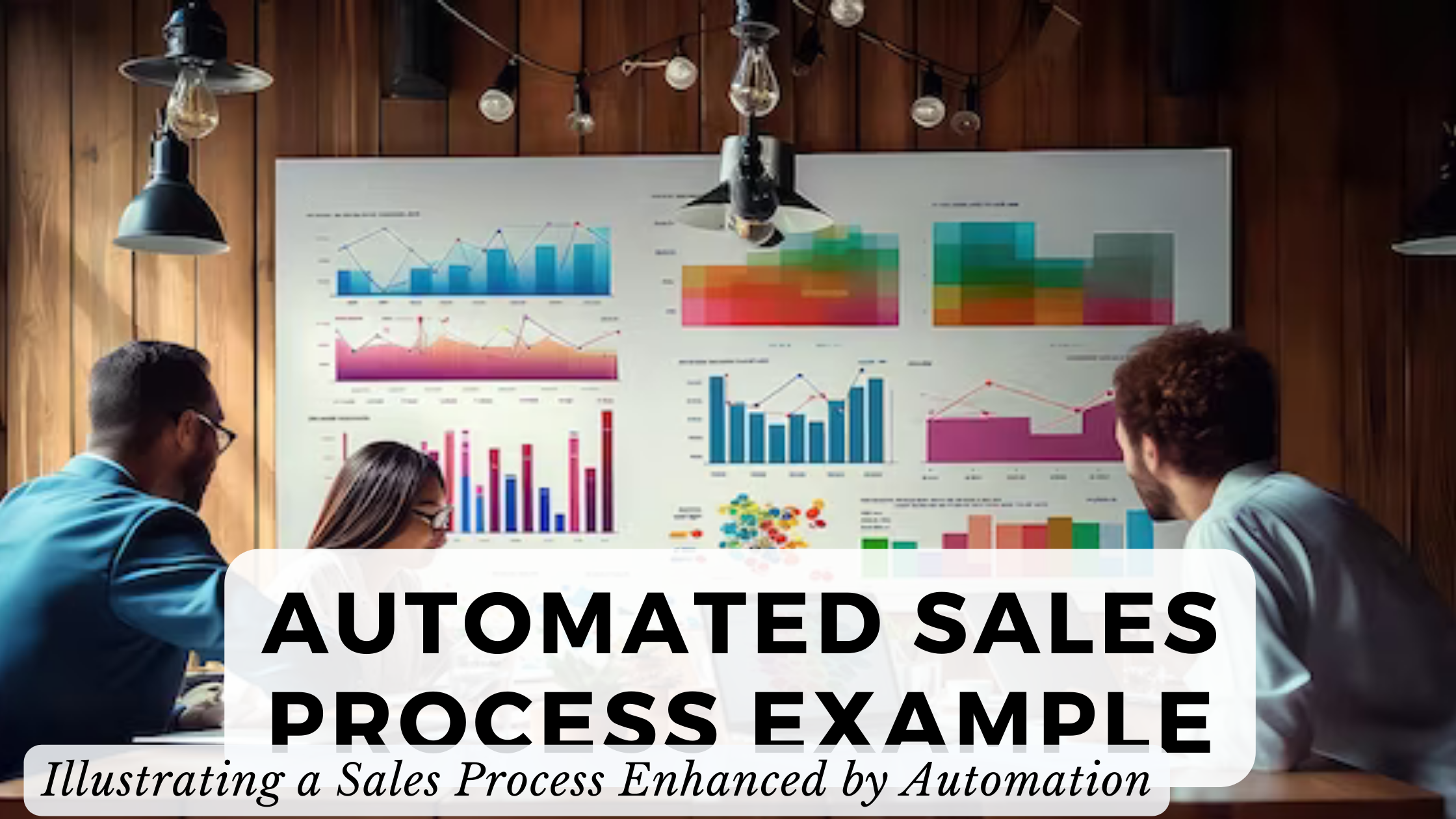Automated Sales Process Example: Illustrating a Sales Process Enhanced by Automation
-


Automated Sales Process Example: Illustrating a Sales Process Enhanced by Automation
In the rapidly evolving landscape of sales, automation has emerged as a powerful catalyst for efficiency and productivity. This article explores the concept of an automated sales process, providing insights into its significance and how businesses can leverage it for success. We’ll also highlight relevant SaaS products that exemplify the automation of sales processes.
Understanding Automated Sales Processes
An automated sales process involves the use of technology, specifically software, to streamline and enhance various stages of the sales journey. From lead generation to closing deals, automation minimizes manual intervention, allowing sales teams to focus on high-value tasks. Let’s delve into an example to illustrate the seamless integration of automation in a sales process.
Example: Streamlining Lead Nurturing with Automation
Imagine a scenario where a potential customer visits your website and expresses interest in your product by downloading a whitepaper. In a traditional setting, this lead might be manually entered into a CRM system, and subsequent communication would rely heavily on manual follow-ups.
With an automated sales process:
- Lead Capture:
- The moment the whitepaper is downloaded, an automation tool captures the lead’s information and enters it into the CRM system.
- Automated Email Sequence:
- An automated email sequence is triggered, sending a series of personalized emails that provide valuable information about the product, address common queries, and showcase success stories.
- Lead Scoring:
- Based on the lead’s interactions with emails and the website, the automation tool assigns a lead score, indicating the level of interest and engagement.
- Alerts for Sales Reps:
- When the lead reaches a predefined lead score, the sales team receives automated alerts, signaling that the lead is highly engaged and ready for personalized outreach.
- CRM Updates:
- The CRM system is automatically updated with the lead’s latest interactions, ensuring that sales reps have real-time information before making contact.
This example demonstrates how automation seamlessly guides leads through the nurturing process, ensuring that the sales team engages with them at the most opportune moments.
SaaS Products Transforming Sales Automation
- Salesforce:
- A comprehensive CRM platform that offers robust automation features, including lead scoring, workflow automation, and personalized email campaigns.
- HubSpot Sales Hub:
- HubSpot’s Sales Hub provides automation tools for email tracking, prospecting, and pipeline management, enhancing the entire sales process.
- Pipedrive:
- Known for its user-friendly interface, Pipedrive offers automation for deal management, contact organization, and sales reporting.
- Zoho CRM:
- Zoho CRM provides workflow automation, AI-driven insights, and automation of routine sales tasks for enhanced efficiency.
- Intercom:
- Specializing in customer communication, Intercom offers automation for personalized messaging, lead qualification, and customer engagement.
Conclusion
The automation of sales processes is a strategic move that empowers businesses to operate more efficiently and enhance customer engagement. By leveraging innovative SaaS solutions, businesses can not only automate repetitive tasks but also gain valuable insights that drive informed decision-making.
As you explore the realm of sales automation, Subscribed.FYI serves as your go-to platform for optimizing your SaaS subscription stack. Unlock exclusive Subscribed.FYI Deals to save on essential tools, complementing your automated sales processes.
Sign up for free today and experience the ultimate subscription management solution, providing insights and comparisons to streamline your decision-making process.








